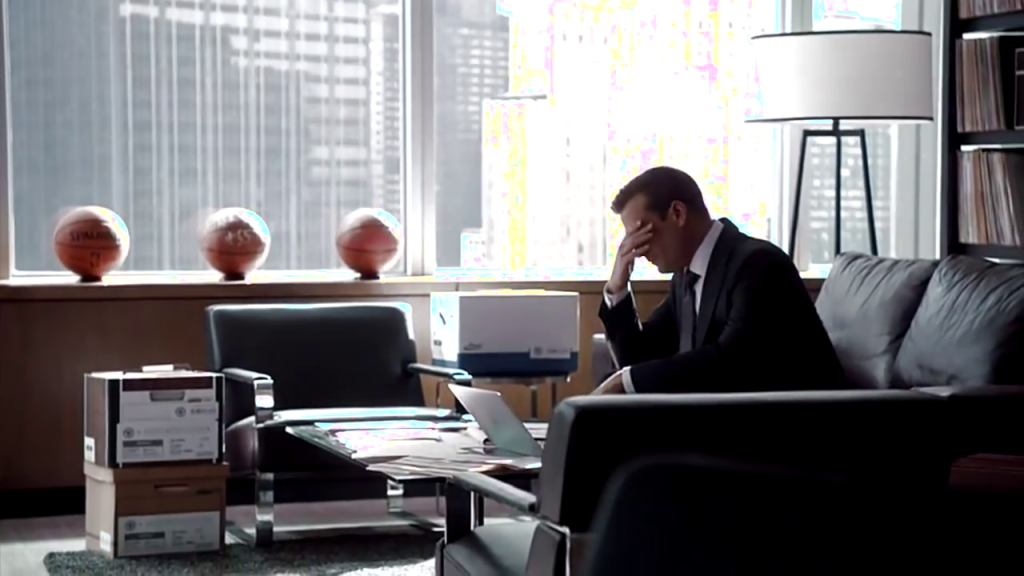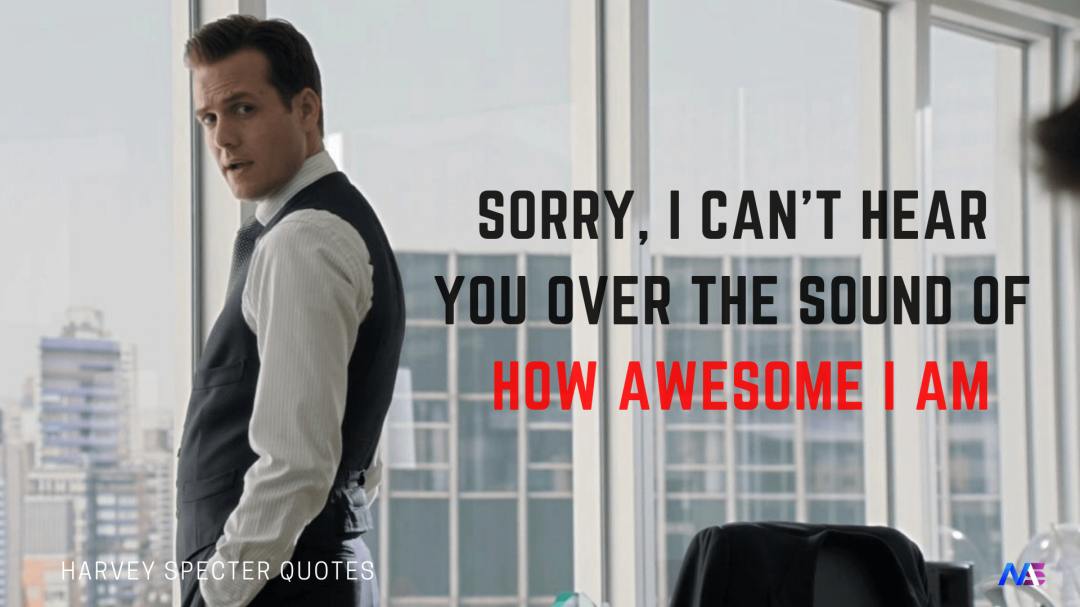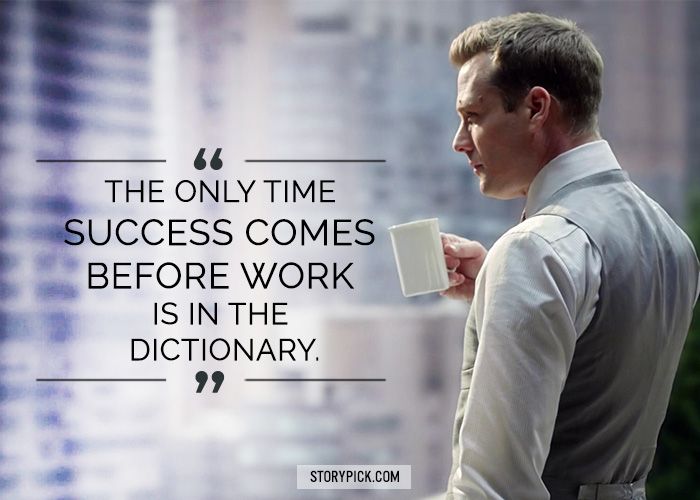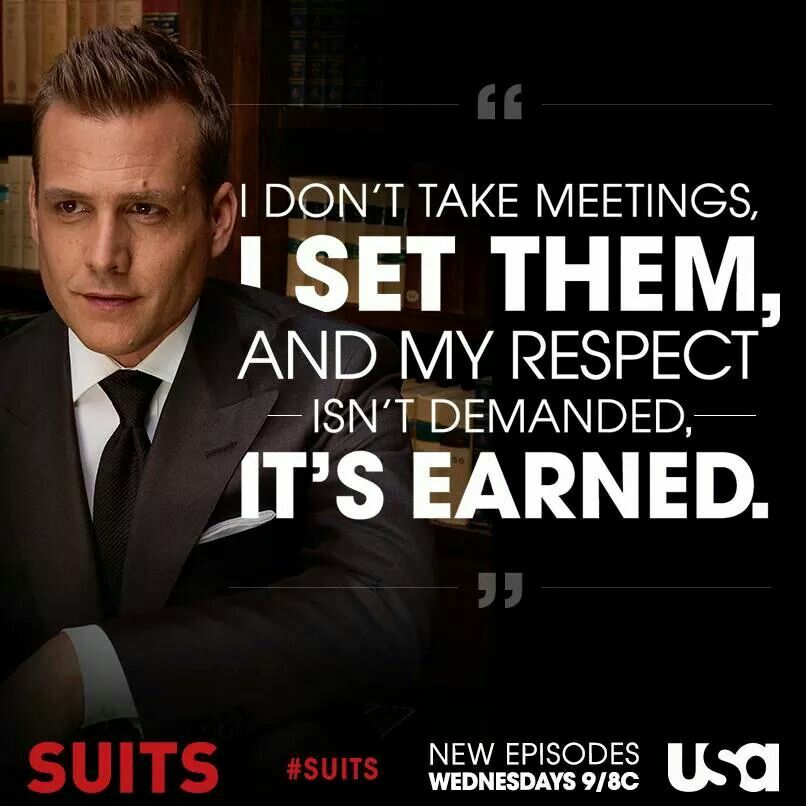When I was a teenager and a young adult, I was used to watch tons of movies and TV series. I loved science fiction, action, legal thrillers, and also enjoyable sitcoms. I think I watched all the American sitcoms that were aired in Italy during the 80’s and early 90’s of the last century. Since my early 30s, however, I gradually have become much pickier. Nowadays, I watch very few films and I’m not interested in sci-fi nor action movies any more. Even when it comes to sitcoms, I hardly find titles that engage me and turn me into a binge watcher. Most of them don’t ring any bells and bore me. Suits is one of the few exceptions, though.
Suits is a television series that mixes several topic matters and genres, which I find fascinating and entertaining at the same time: company law, money, power, and abundance of morally controversial decisions the characters have to take incessantly. The outcome is an addictive, exciting legal drama, which takes place on the most famous movie set in the world, New York City, and literally keeps me glued to the screen. The plot is mainly centered around the professional life of Harvey Specter, a brilliant, successful lawyer who is known to be unbeatable in the courtroom.
In the public sphere, Specter is a winner. He’s an outstanding lawyer, drives exclusive sports cars, dates classy women. When he competes with other guys, he generally destroys his opponents, no matter if the playing field is a courtroom, a boxing ring, or a poker table. He appears right away in the first scene of the pilot episode in which he is introduced as “our best closer” by Jessica Pearson, one of the show’s main characters.
Harvey Specter’s confidence is proverbial. Even when he is backed against the wall, he always knows what to do to come out on top. He’s also well known for his iconic catchphrases, which are often declared at the climax of fierce scenes and are used as motivational quotes in leadership courses and trainings.
Harvey Specter is a renegade, a fighter, an ultra self-confident man. He does not use his hands to fight, but his brain, his knowledge, and his acumen. Nevertheless, the confrontations with his opponents are violent and masculine. From a man’s perspective, such scenes are tremendously exciting and arousing. They are usually built upon a tightly paced, intense dialogue. The male viewers’ testosterone is titillated in a crescendo until Specter “hits” his opponent with a decisive verbal punch. When I watch such scenes, right after the “punch”, I usually pause the video and savour the taste of Harvey’s coup de grâce for 30 seconds or so …
Last but not least, his office is important too for establishing his character’s coolness factor. In front of his desk, there is a huge vinyl record collection, which supposedly includes all the Blues masterpieces, my favourite musical genre. Specter is in fact “a jazz man and a blues man“, according to Gabriel Macht, the actor playing his part. And what about sports? Can a man be an alpha male if sports don’t play an important role in his life? Of course not! I immediately fell in love with his workplace when I saw it for the first time. His office is famous for large windows allowing a breath-taking sight of New York City skyline. But what is in front of such windows truly blows my mind. I’m talking about the magnificent basketball collection on display, each autographed by one of the greatest players of all time, whom Harvey knows personally—I still vividly remember the episode in which he calls His Airness Michael Jordan on the phone to prove his partner in crime Mike Ross that MJ and him are close friends. How awesome is that collection!?
For all the reasons mentioned above, Harvey Specter’s character embodies the prototype of a sophisticated, intellectual alpha male that men admire and women go crazy for. There is a large “but”, however. Despite all the amazing qualities he possesses and the successful life he lives, Harvey Specter is inherently unhappy. Apparently, his life is full of joy, success, and exciting experiences. As a matter of fact, his relentless inner torment—due to the destruction of his family when he was a kid—surfaces here and there like a karstic river throughout all the seasons. What I find more intriguing though is his profound loneliness. No matter how many friends are around him, loneliness is his inseparable travelling companion. This is clear when it comes to his romantic life as he can’t keep a stable relationship. Nevertheless, viewers perceive this feeling in a more subtle fashion even when Harvey works on a case in tandem with his trustworthy colleagues. It seems that deep inside he feels nobody really understands him and, at the end of the day, he will need to handle it himself anyway.
In conclusion, Harvey’s heavy, painful burden counterbalances his everybody-wants-to-be-like-me lifestyle. His constant sorrow—so beautifully exposed to the viewers—makes him a flawed, imperfect human being with whom the audience loves to identify even more. Paradoxically, these weaknesses make him a stronger, more forceful character in cinematographic terms. And this twofold, conflicting but fascinating nature is the reason why, if you ask me, Harvey Specter is by far the coolest fictional character ever.

Credits
Editing assistance by Dr. Emily Braswell.
Featured image source: https://i.pinimg.com/originals/a9/be/b1/a9beb1b48ffb10bb6832f902491ba9fc.png



